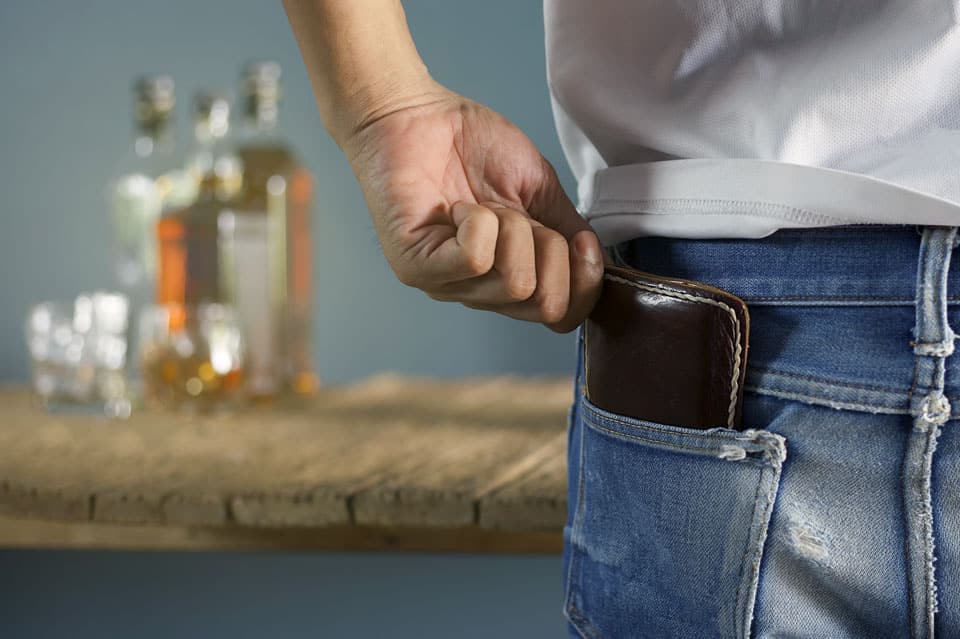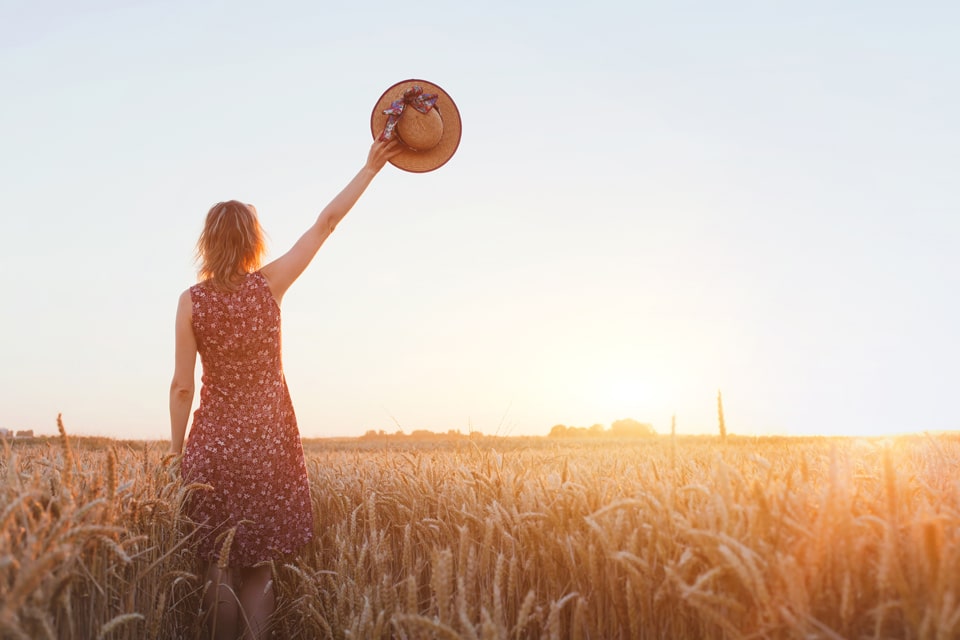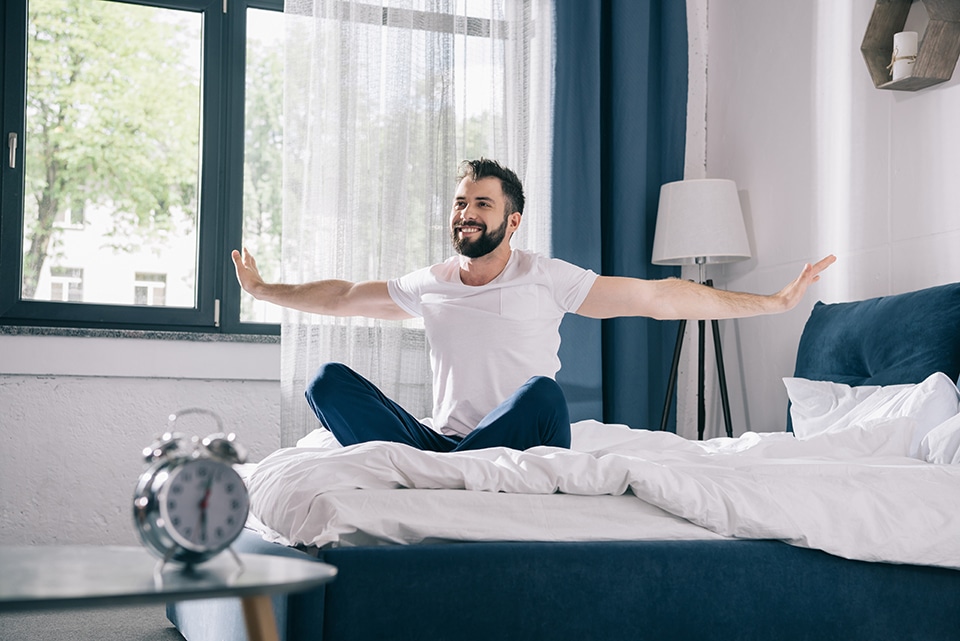
Tag: alcohol free

How much money can you save by not drinking?
This week’s guest blog discusses the financial consequences of giving up alcohol. How much money can you save by not drinking? More than you might think, when you begin to realise it’s not just the grog you’re spending money on. When we talk about the benefits of easing back on alcohol intake, we usually focus on

The one surprising thing that made it easy to give up alcohol for good
This week’s guest blog is from Vari Longmuir, a Melbourne-based illustrator and life coach. She helps creative women build businesses with more intention, authenticity and clarity. Vari has just celebrated 12 months since she chose to remove alcohol from her life. She shares her journey so far and why traumatic rock bottoms are not necessary in order to

30 ideas on how to give up alcohol, from people who have given up alcohol!
Here at Hello Sunday Morning we know what a huge question ‘should I give up alcohol’? can be to even put out to the universe. It’s not easy to give up something that’s incorporated into your daily dinner, salubrious socialising, or relaxation routine. We know how hard it is for our community and our Daybreak

When it’s socially acceptable to not drink: Embracing Feb Fast and Dry July
This February I participated in my second unofficial Feb Fast. When I completed the first Feb Fast the year before, I did it as part of a group. I finished it and went right back to the way things were. This year, instead of just a month without drinking, the Fast became a re-evaluation of

I gave up drinking for a year, and it was easier than I thought
The last time I drank alcohol was 1 year and 1 month ago. Why was it so easy to give up drinking? I can honestly say that there was no decision made to ‘stop drinking’. I simply didn’t have an urge to drink in the months that followed that last drink, and before I knew

What I’ve learned halfway into my ‘three months without alcohol’ challenge
In its earlier days, Hello Sunday Morning encouraged people to “do an HSM challenge” – a period of three, six or 12 months completely without alcohol. I recently started working as Head of Marketing with HSM and decided to get into character by giving this a go for the first quarter of this year. I






